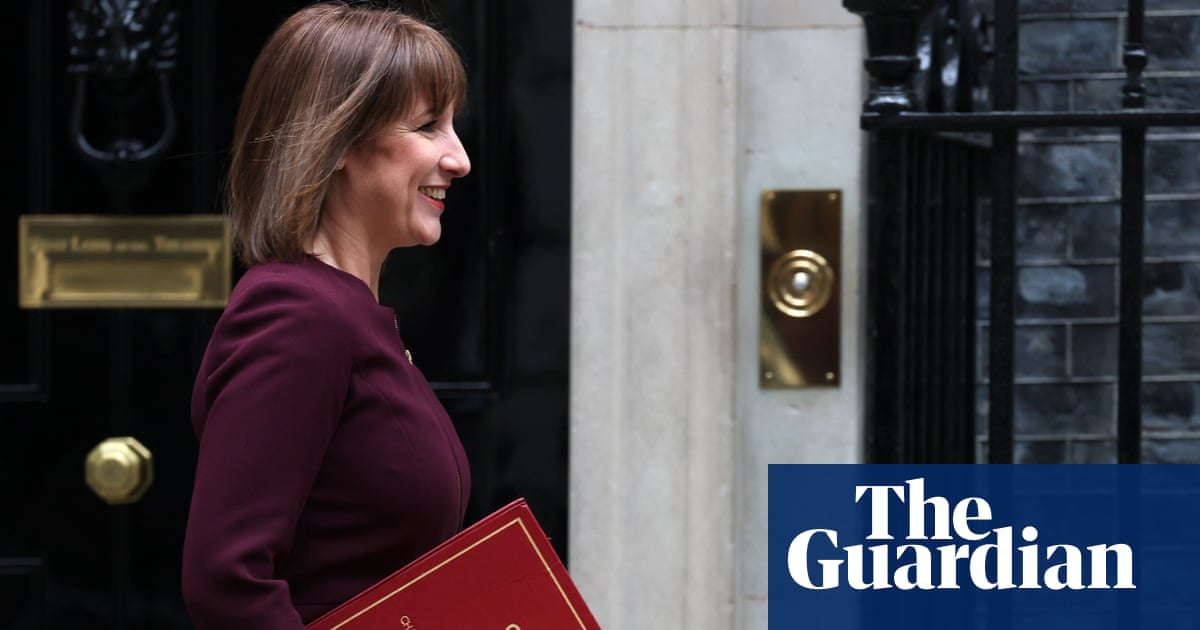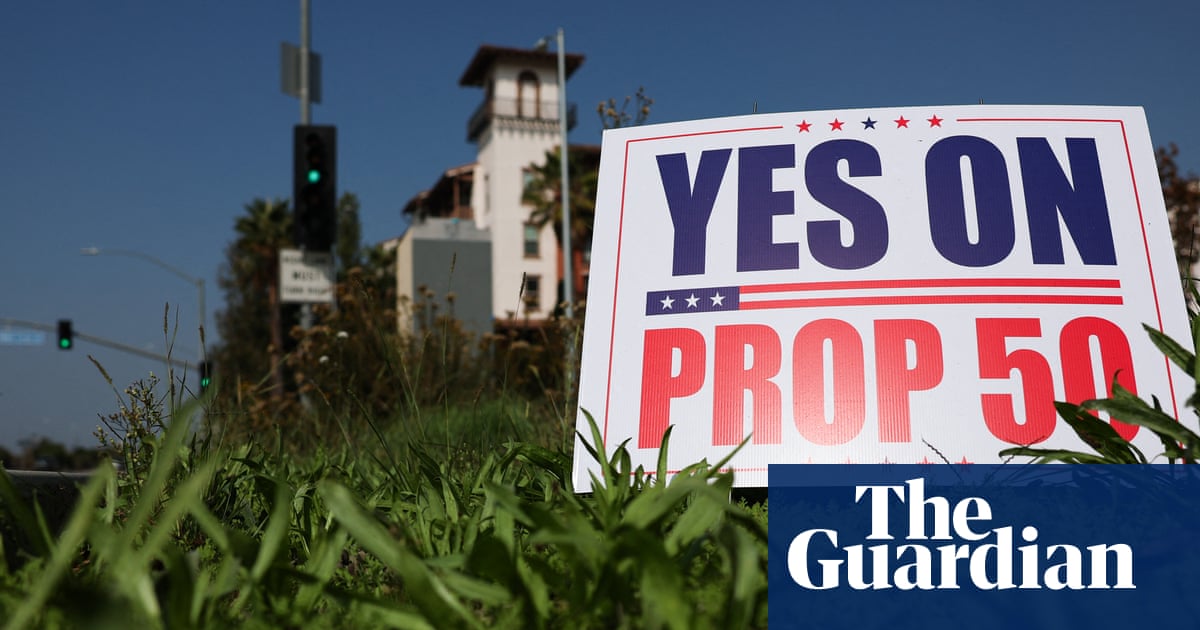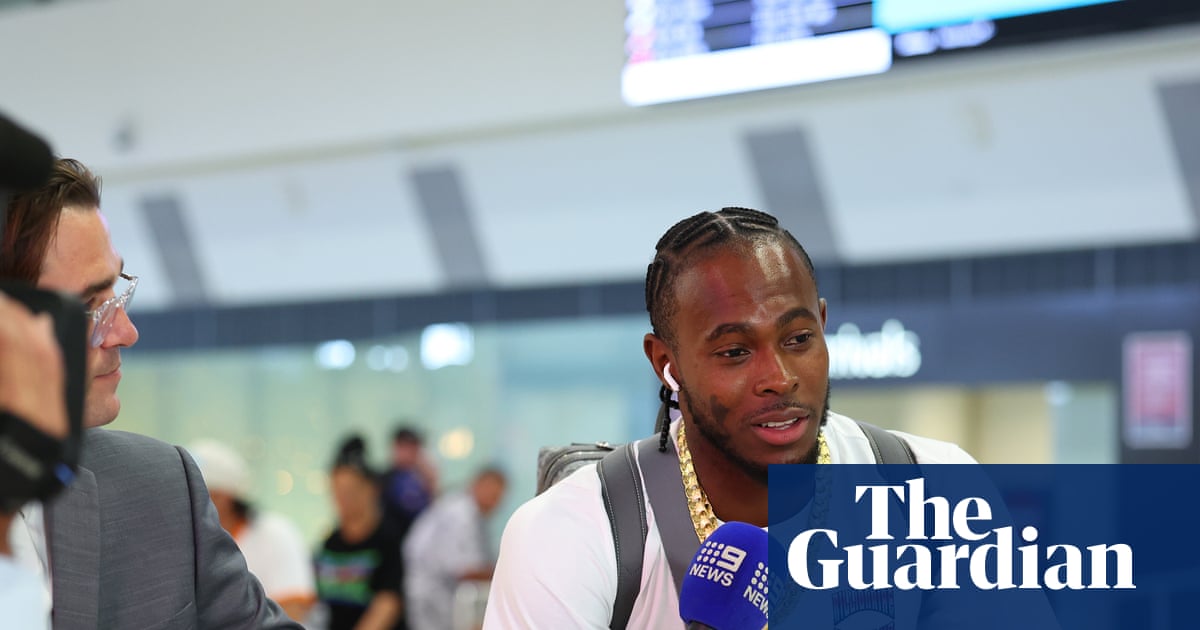For the Kenyan DJ Coco Em, planning how to get around Africa for gigs can take as much time as crafting her setlists.
Last November she was due to perform in Cape Verde, the archipelago state off the coast of west Africa, travelling from Nairobi via Europe – the only available route – on a one-year Schengen visa. But at the airport, the airline refused to let her board.
The DJ, who was born Emma Mbeke Nzioka, said she was told she had been deemed a flight risk, despite holding a valid visa and a return ticket with another airline. The airline’s staff insisted that she buy a return flight with them instead.

“Where does it say ‘you must fly back on the same airline you left with’?” she recalled saying. No answer came – only an ultimatum: pay within 15 minutes or stay grounded. Coco Em refused, requested her documents, and went home.
Travel hassles are a familiar complaint for artists, entrepreneurs and everyday travellers on the continent. In theory, Africa’s 1.4 billion people are more connected than before through trade blocs and ambitious infrastructure plans, but in reality intra-continental travel remains cumbersome and expensive.
“One needs a sense of humour to travel in Africa,” said the Nigerian writer Helon Habila, who recently had to spend a night in the Ivorian city of Abidjan after one leg of his journey from the Guinea capital, Conakry, to the Nigerian capital, Abuja – a three-hour direct flight if such a route existed – was unexpectedly delayed.
No true freedom of movement?
Coco Em lamented that African countries were perpetuating restrictions on their citizens. “These outdated models of movement restriction are so counterproductive,” she said, pointing out that when people travelled for leisure or work they added value to economies.
The African Union (AU) launched a passport for visa-free travel within Africa in July 2016, but it is still largely restricted to AU officials and a few diplomats. Even Aliko Dangote, Africa’s richest person, still faces difficulties using it. In 2023 the billionaire businessman complained: “We go with a British guy or maybe a Nigerian holding a British passport [and] he is allowed in that country, but we are still arguing and debating about my visa, and I am the one with the money.”
Only Benin, Kenya, Seychelles and the Gambia currently allow all African passport holders to enter visa-free. Regional blocs allow for freedom of movement, but that promise is not always honoured: on a recent trip by this reporter to the Gambia, Senegalese and Gambians were let through for free but Nigerians and Sierra Leoneans were made to pay unreceipted sums of 1,000–2,000 CFA (£1.30-£2.60).
Bureaucratic obstacles are not the only impediment to moving around. Rail links are sparse and cross-border bus journeys are slow. However, getting rid of visa requirements is seen as the quickest way of unblocking travel.
Visa processing – both for countries within and outside the continent – is a big business. Governments generate millions from application fees, insurance, and travel costs that applicants never recover in the event that a visa is not granted.
Zambia and the Democratic Republic of the Congo share a 1,449-mile border but require travellers to buy $50 (£36.80) visas on each side. Some visas cost even more.
Flight costs often appear illogical. Abidjan and the Ghanaian capital, Accra, two of the biggest cities in west Africa, are only an hour apart by air, but a ticket can cost $500 (£368), the same price as much longer routes.
“Travel in Africa is such a mess,” said the Zambian activist Joseph Kalimbwe. “Even in Zambia, there’s always that black-on-black edge. Chinese and Indians living in Lusaka don’t get targeted, but our immigration officers target fellow Africans from Burundi and the DRC. We must be able to do better as a people.”
Dream versus reality
The dream of seamless intra-African travel isn’t new. In 1998, African ministers adopted the Yamoussoukro decision, a landmark agreement to lower airline ticket prices and increase connectivity. Nearly three decades later, it is nowhere near full implementation. High airport taxes and fees, limited routes, and visa hurdles continue to hamper travel plans.
The African Continental Free Trade Area, launched in 2021 to boost trade among member states and ease the movement of goods and people, is also yet to be fully implemented.
Coco Em recalled an occasion in 2019 when she had to pass through Saudi Arabia and Italy to get to Tunisia for a performance. At the boarding gate, airline employees asked her to perform to “prove” she was a DJ.
Policymakers are now taking steps to remedy the situation.
The Single African Air Transport Market, launched in 2018, builds on the Yamoussoukro decision and has attracted more than 35 signatory states. Its goal is to fully open the skies of member countries. Some countries are also experimenting with new visa policies.
Meanwhile, Coco Em has taken matters into her own hands, founding an initiative called Pass Pass that collects research on systemic barriers, while helping visa seekers use her experience as a serial applicant.
Pass Pass recently collaborated with Nairobi’s restaurant-film-theatre space Unseen Nairobi for the cultural exchange Vuka Mpaka (“cross the border” in Kiswahili), which connects Kenyan creatives with peers from different African countries.
“I’m tired of venting about the problem,” she said. “I’m more focused on what solutions we’re trying to build.”

.png) 1 month ago
40
1 month ago
40

















































